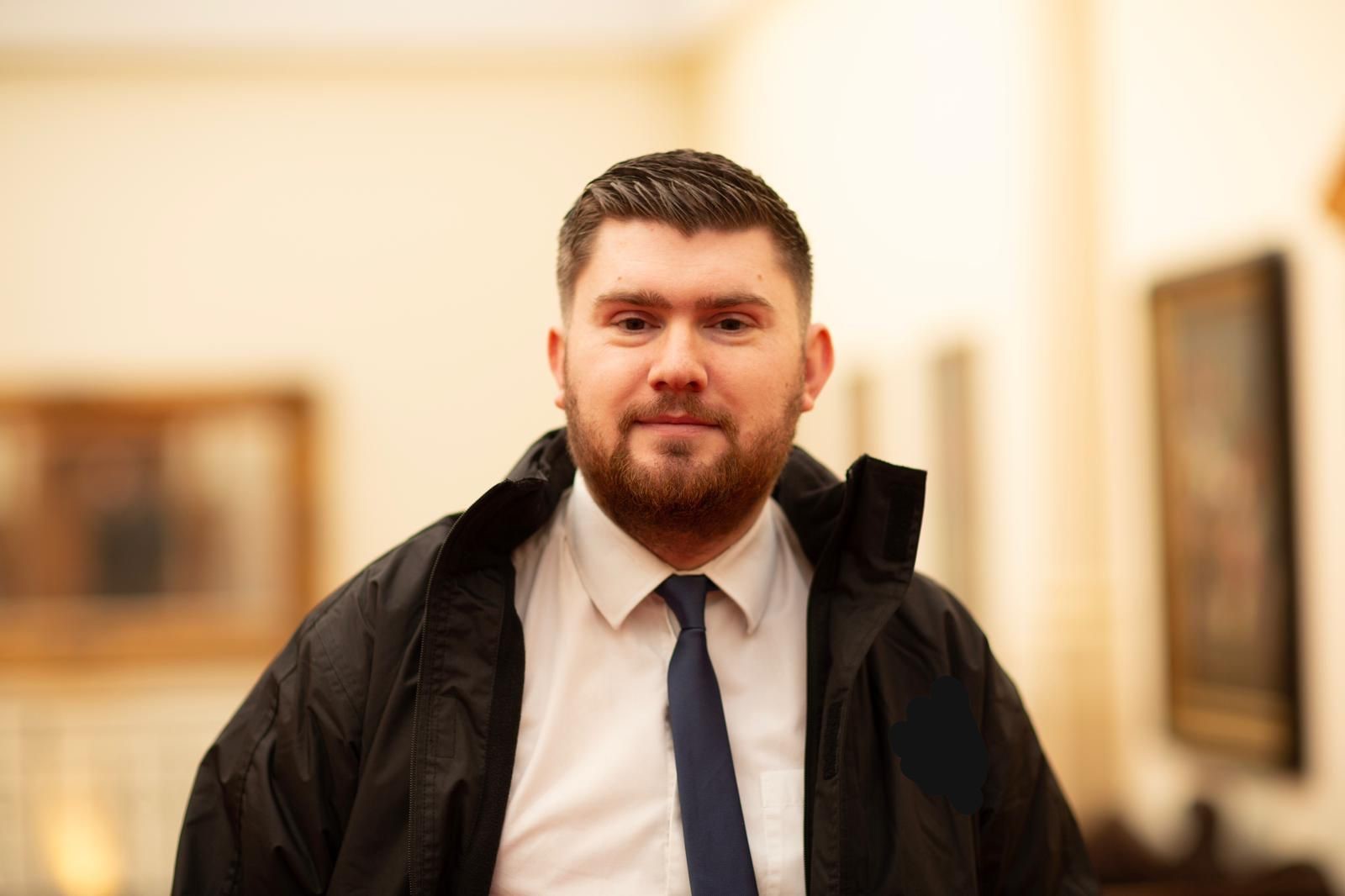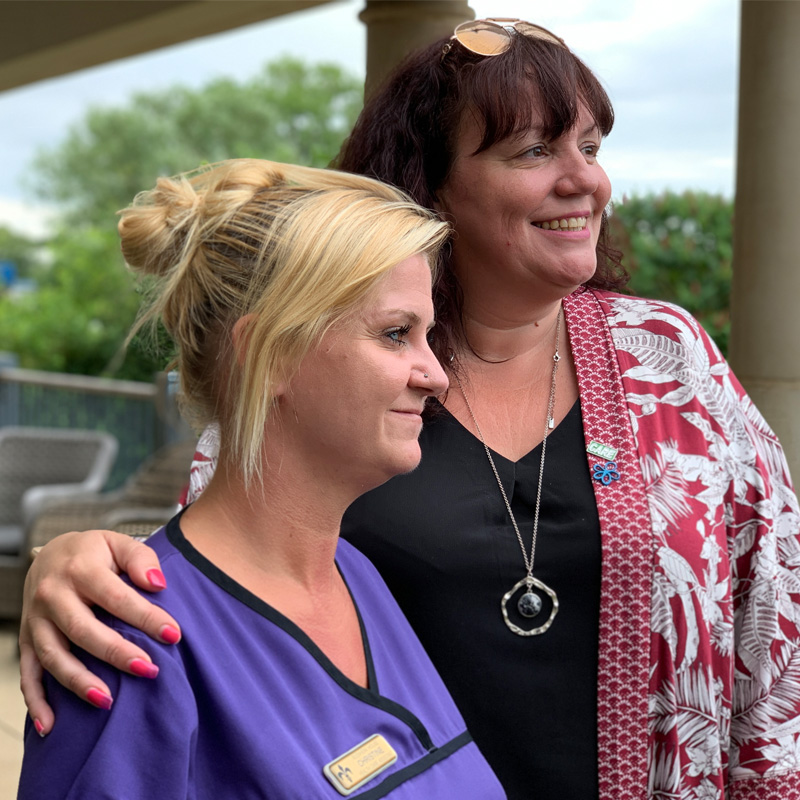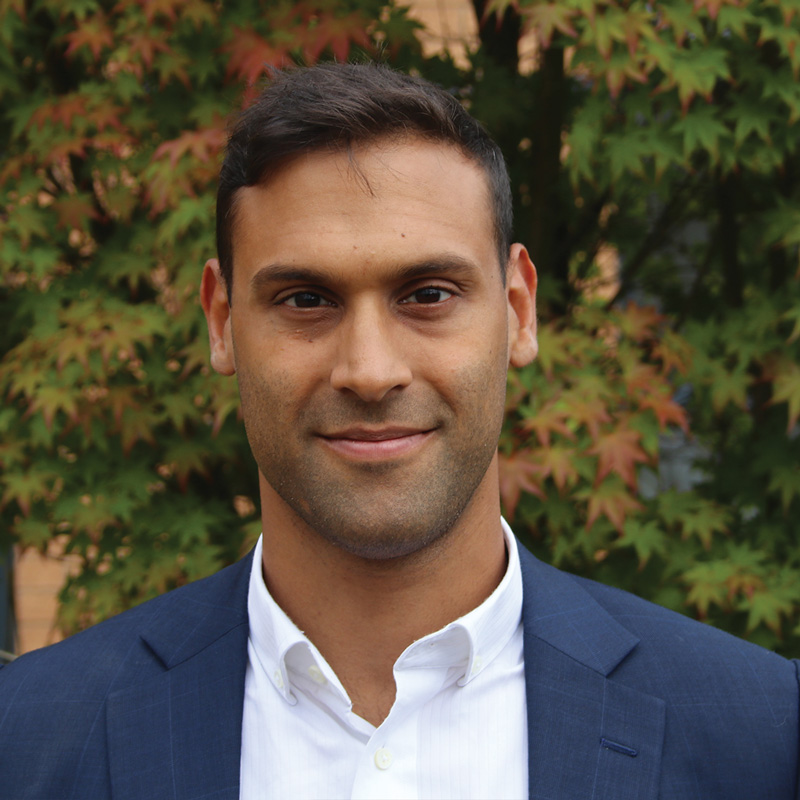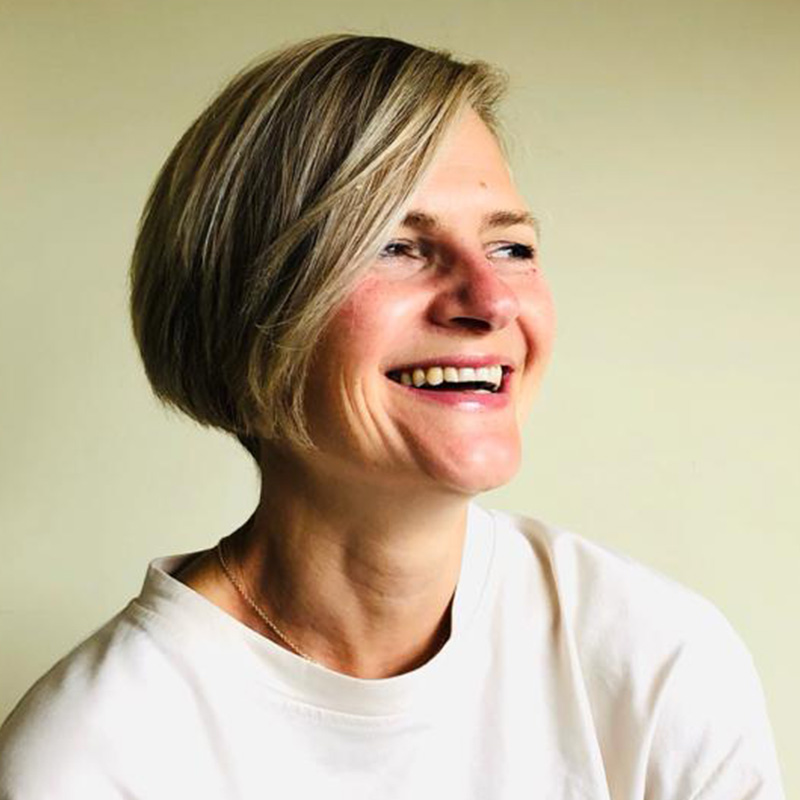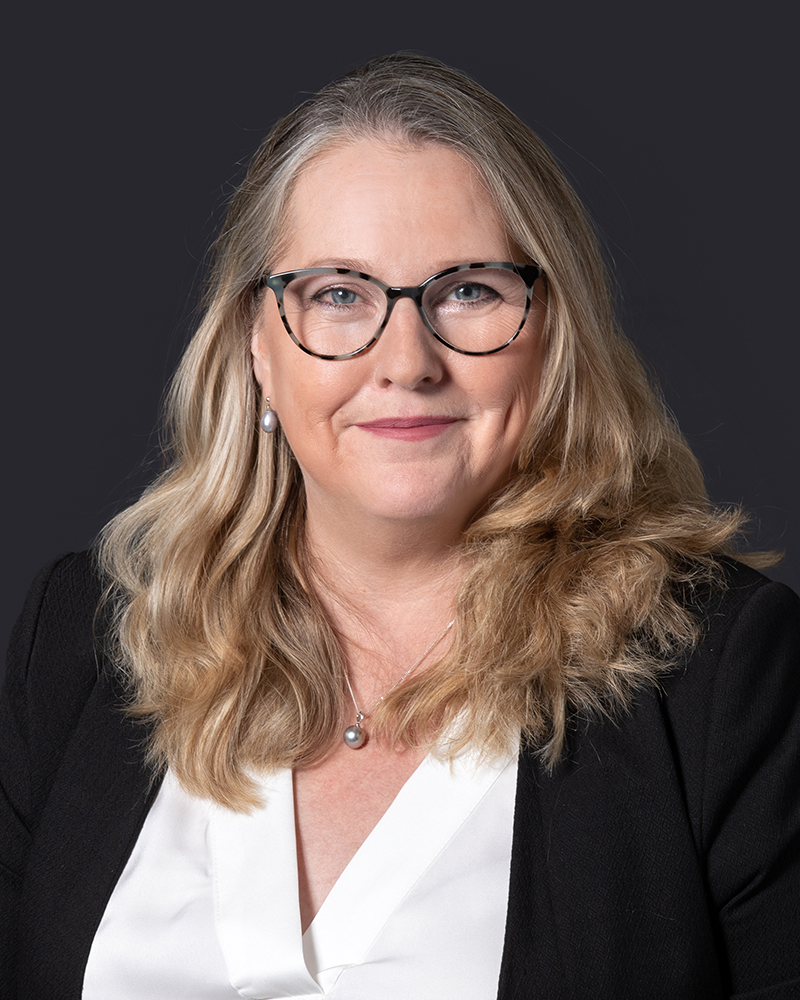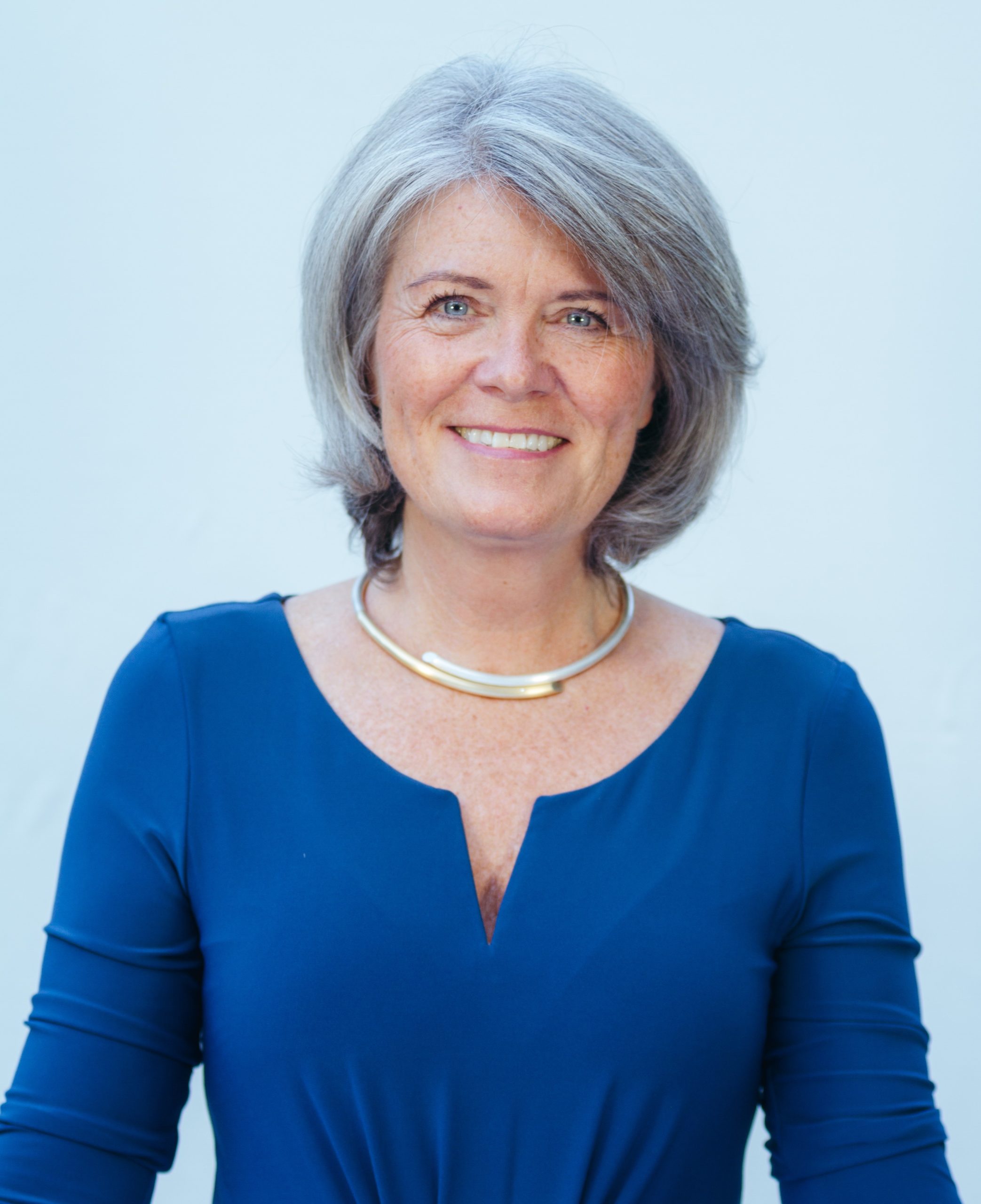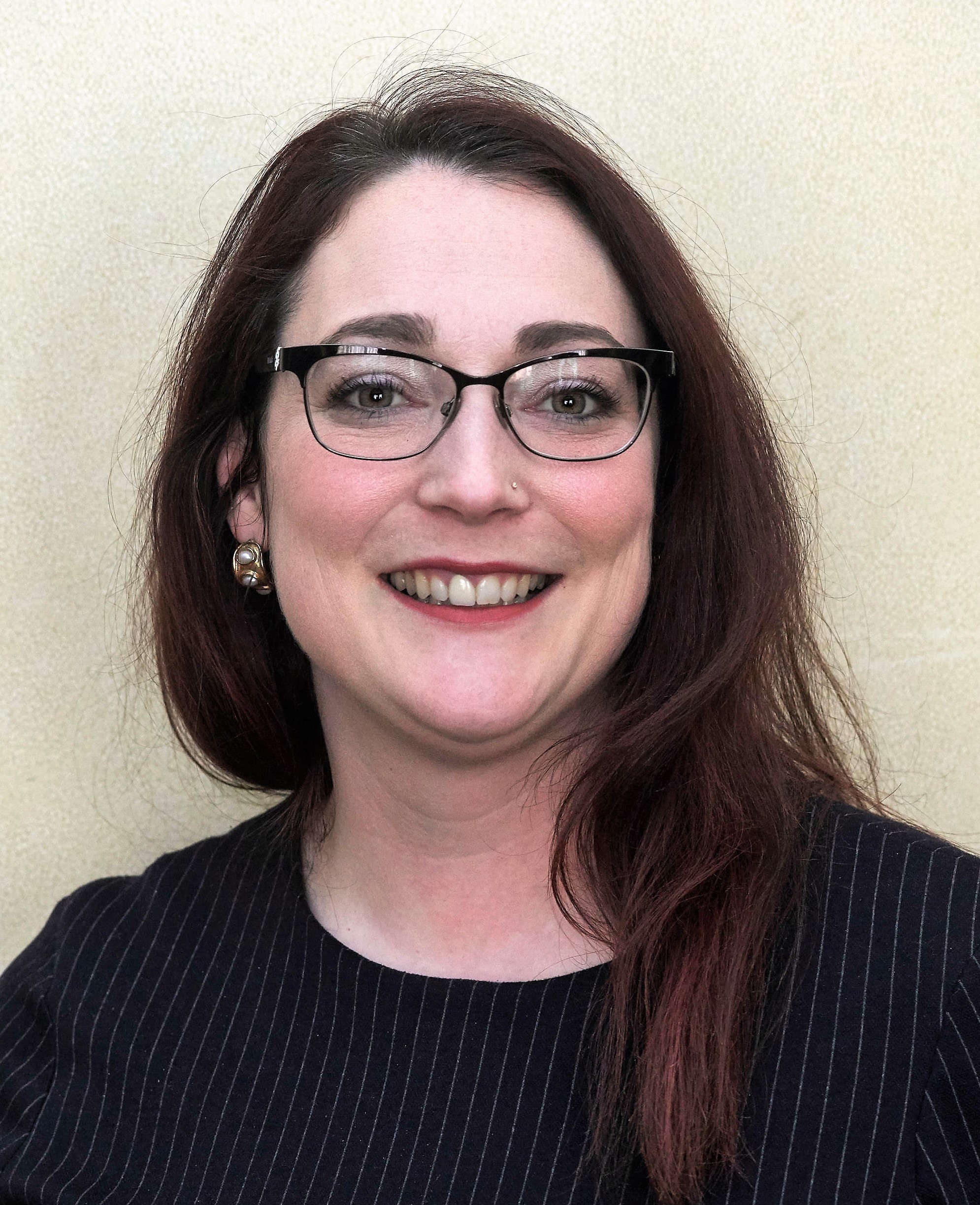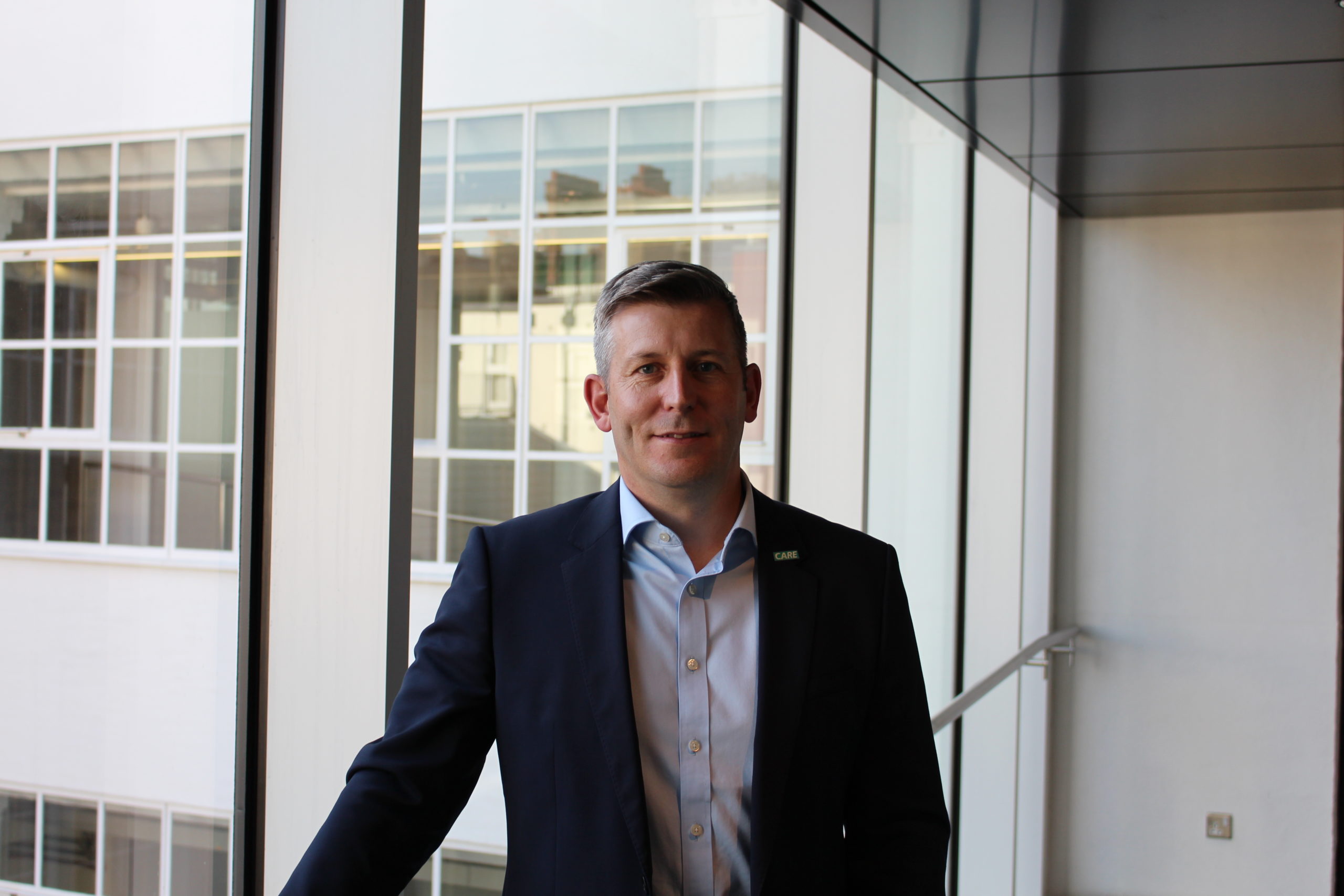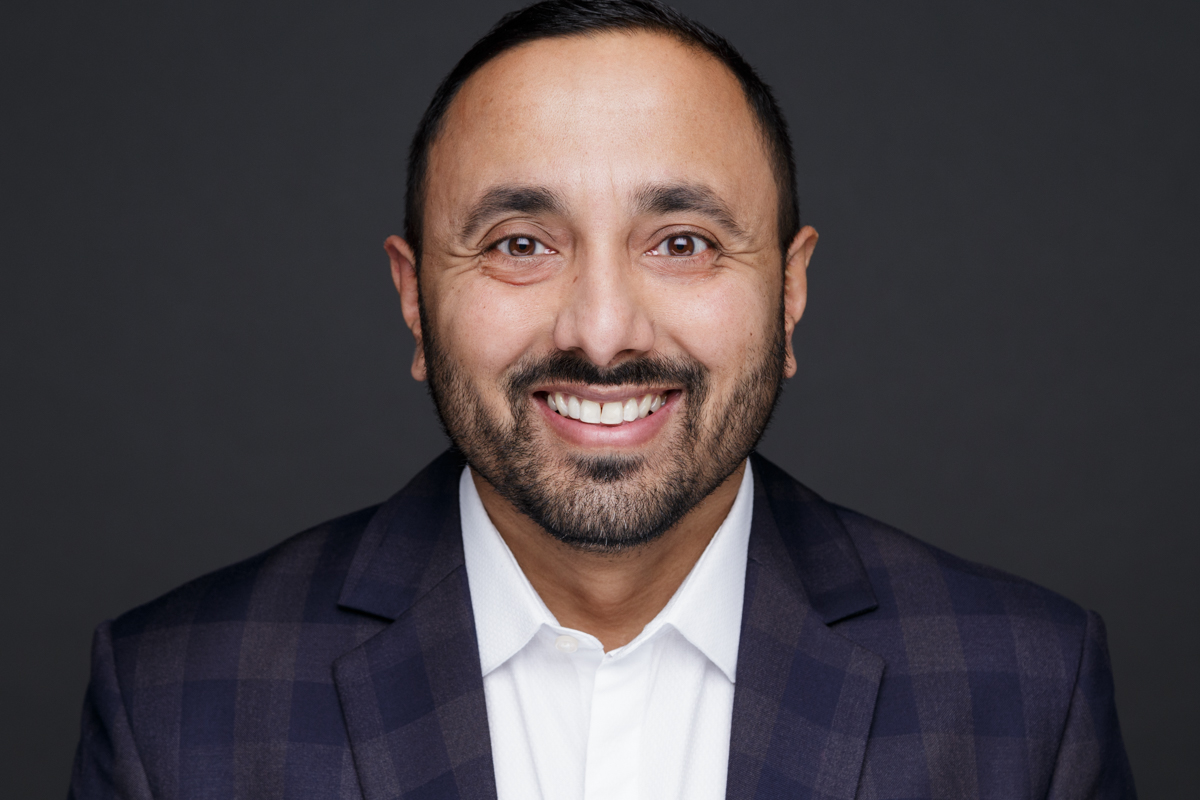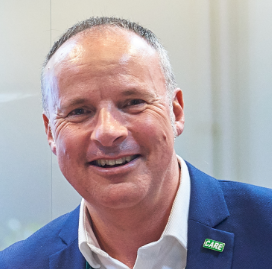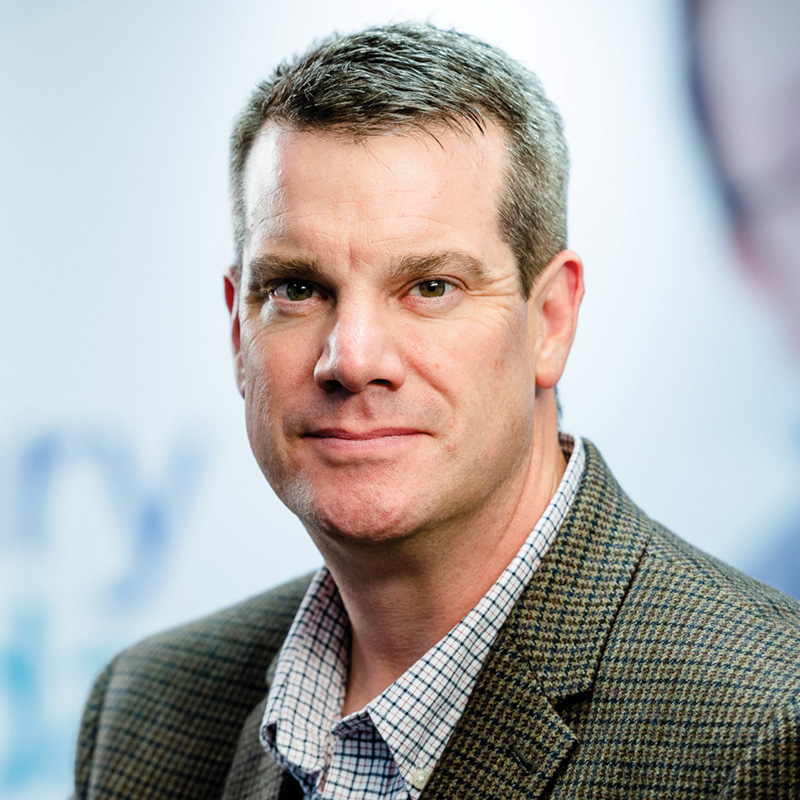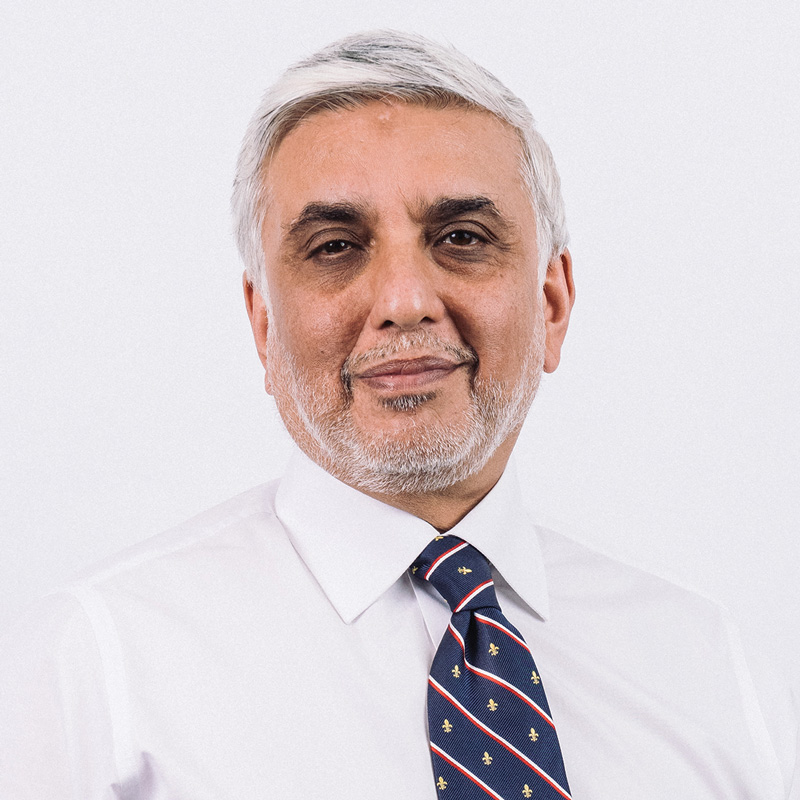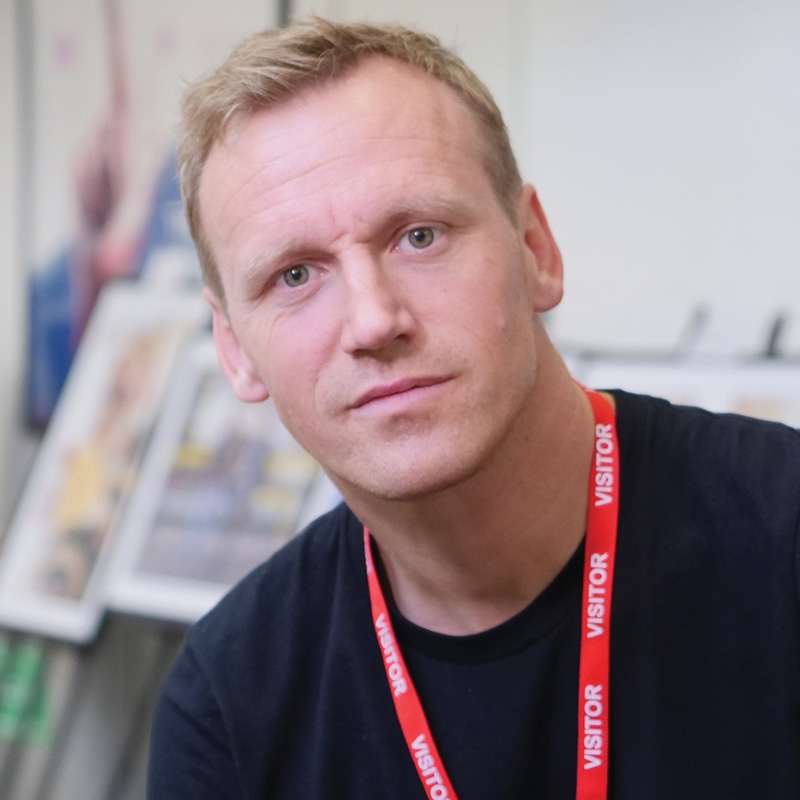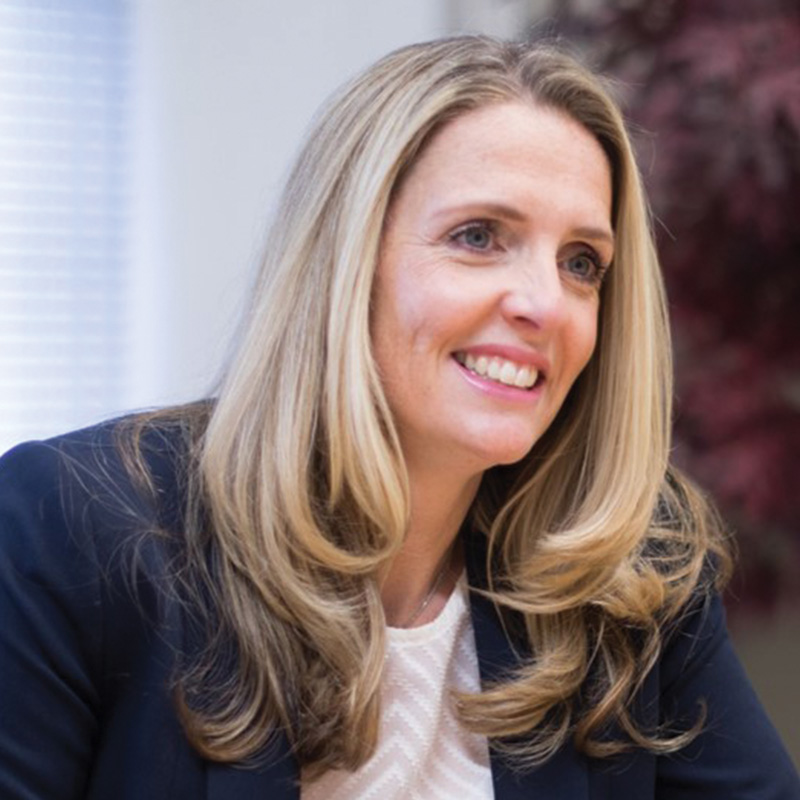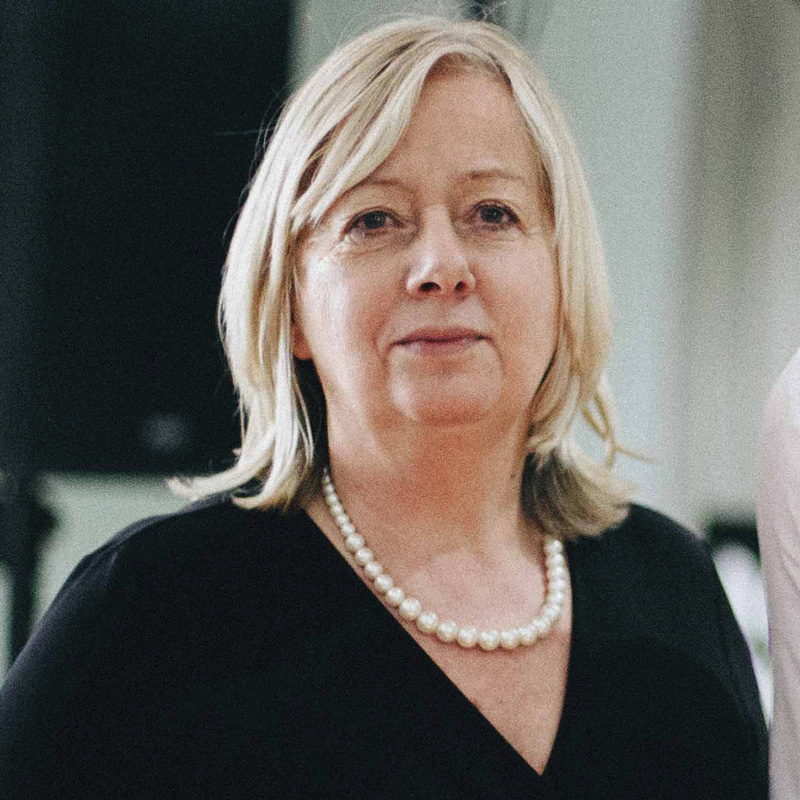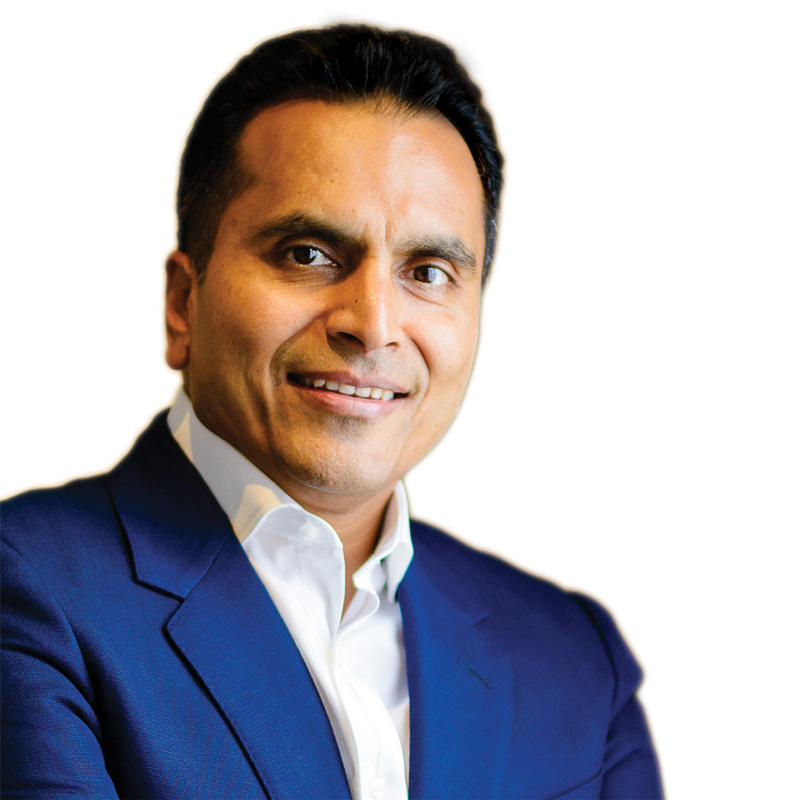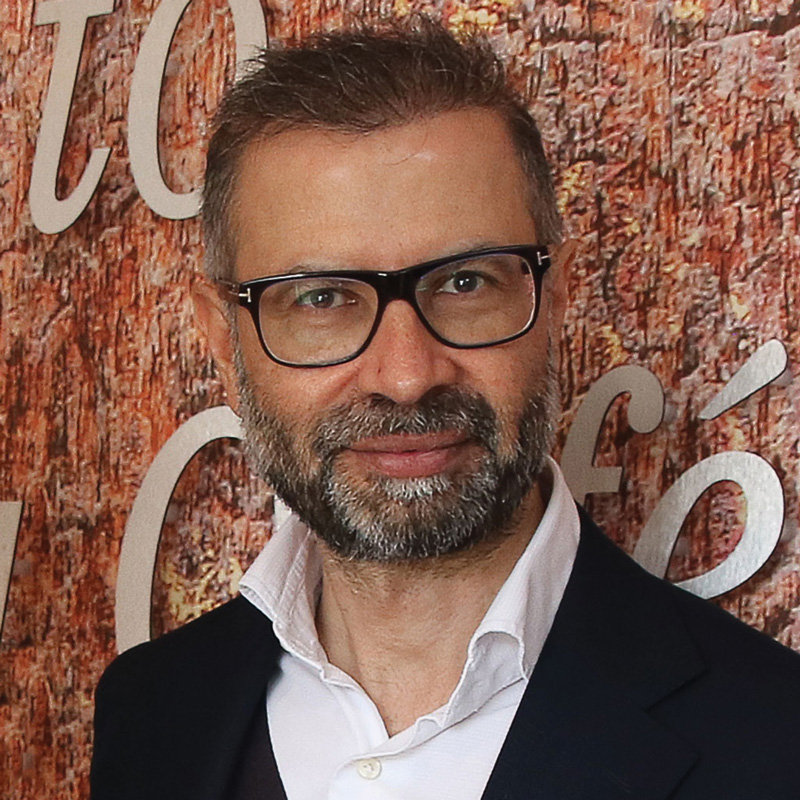This thought leadership article is written by Clare Auty, Head of Commercial Health and Sector Lead for Independent Health and Social Care at Browne Jacobson, and Championing Social Care Ambassador.
I have been extremely fortunate in my life in finding both a profession and a sector that I feel passionate about. I decided at the age of 12 that I wanted to become a solicitor, there were no lawyers in my family and I went to the local comprehensive, but for some unknown reason the profession called to me and has not let me down. At 14 I started working in the care sector. I spent my Saturdays looking after a young man with downs syndrome whilst also fundraising for cancer research having seen two of my best friends lose their mothers whilst still at school. I was then sponsored throughout my degree by Astra Zeneca and got to work with Cancer Research on vital collaboration agreements. By the time I finished my degree I knew I wanted to ultimately work for a healthcare charity. I thought this would be my last move at the end of my career, but at just 9 years qualified the opportunity came along to be General Counsel of St Andrew’s Healthcare.
At St Andrew’s along with being GC I was also the executive lead for HR, working with my brilliant HRD Clare Allen. It was there that my respect for those that work in social care really grew and I developed an understanding of the importance of compassionate leadership alongside full diversity and inclusion. I finally understood that working in social care is not just a job but a vocation.
Working in the care sector is undoubtedly one of the toughest yet rewarding roles employees can undertake. However, the impact of the pandemic, the cost-of-living crisis and staff shortages means that staff morale is at an all-time low, with the sector struggling to attract and retain staff. When I meet with leaders the main topic of conversation is always staffing. This is why the work of Championing Social Care is so important – to share the many positive stories there are and not just focus on the negatives. The impact of staff burnout, stress and staff leaving the profession can be seen in absence and recruitment data. Current data shows that as at 2021/22 there were 165,000 vacant posts in adult social sector in England (see here). We need to do all that we can to help to reduce this.
In light of this, now more than ever, the role of compassionate leadership must take centre stage if the sector is going to be sustainable long term. Professor Michael West, of The King’s Fund states that “compassionate leadership involves a focus on relationships through careful listening to, understanding, empathising with and supporting other people, enabling those we lead to feel valued, respected and cared for, so they can reach their potential and do their best work” (see here). Professor West highlights that compassionate leaders need to be present; demonstrate understanding and empathy and help staff to do their jobs well and that “deep listening” is the most important skill of a leader.
Equally, diversity and inclusion are hugely important in cultivating a compassionate culture. Numerous research shows that organisations which are inclusive and diverse are more productive and innovative. Therefore, it is no coincidence that Professor West suggests that everyone who works in healthcare should have a basic understanding of diversity and inclusion and the impact of discrimination on performance. However, diversity and inclusion are more than just having a policy and providing ad-hoc training. Organisations must live and breathe this by making sure that behaviours are in line with values and that everybody is treated with dignity and respect. Leaders need to ensure they model compassion in their own behaviours so that a compassionate culture is nurtured enabling staff to be compassionate to each other and those in their care. Staff should also feel supported to speak up when things go wrong, so learnings are encouraged, and a blame culture avoided. For organisations who get it right the rewards are high as there is clear evidence that compassionate leadership results in more engaged and motivated staff with high levels of wellbeing, which in turn results in high-quality care (West 2021).
I am proud of the work we do at Browne Jacobson to make the legal profession more diverse – it is a huge achievement to be number 1 in the social mobility index two years in a row. Our work on diversity and inclusion is already reaping benefits, not just in terms of the awards we have won but from the richness of views and dedication of our workforce.
We are also leading the way on compassionate leadership with the Kings Fund and now looking at shared workforces both across the NHS but also across health and social care.
I left St Andrew’s 8 years ago but have managed to stay in the sector through my role as head of independent health and social care at Browne Jacobson. My new role as an Ambassador of Championing Social Care is the cherry on the cake – it allows me to work with leaders who model compassionate leadership in the sector and reconnect with those providing care on the front line like the incredible finalists at Care Sector’s Got Talent. Many of the Ambassadors have come from diverse backgrounds, many of them, like me, have not come from privilege but recognise the privilege we have to be in our positions. I would urge anyone interested in a career in the sector to find a role model and connect with them. The role doesn’t need to be as a care worker (although they are the most valuable) but could be in law, finance, architecture etc. People in this sector love to chat!




















